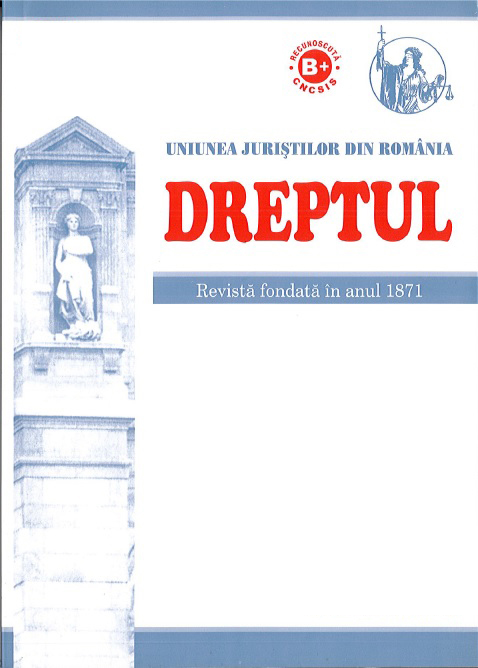Property (or ownership), seen as a subjective right, is the principle according to which we legally determine who can own what, how and to what extent. The legal conception of property rights is reflected in the economy, and the economy, by the force of its oftentimes ideologically driven mandates, spills over into the realm of the Law, molding our understanding of property to the very same extent that this understanding molds, constrains and defines the economy itself. The right of property, as a legal category, is not fixed and unchanging. On the contrary, property lends itself to a multiplicity of conceptual frameworks, sometimes at odds with one another. The modern understanding of property, however, is deeply indebted to Roman law. The Roman spirit, mercantile par excellence, is embedded into the innermost recesses of our contemporary theories of property rights. All this because the Roman legacy includes a perfectly flexible conceptual toolkit, eminently adapted to the whims of the market. The analysis of all of this constitutes the object of this study.


